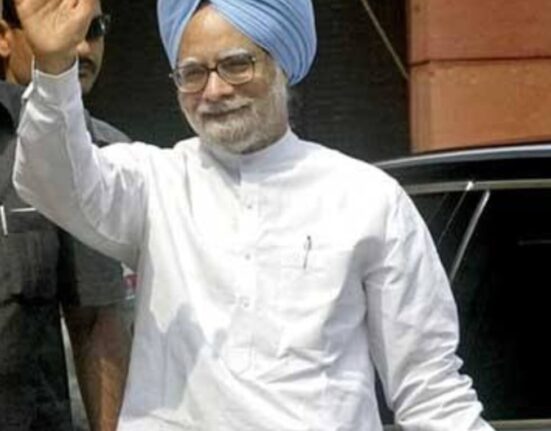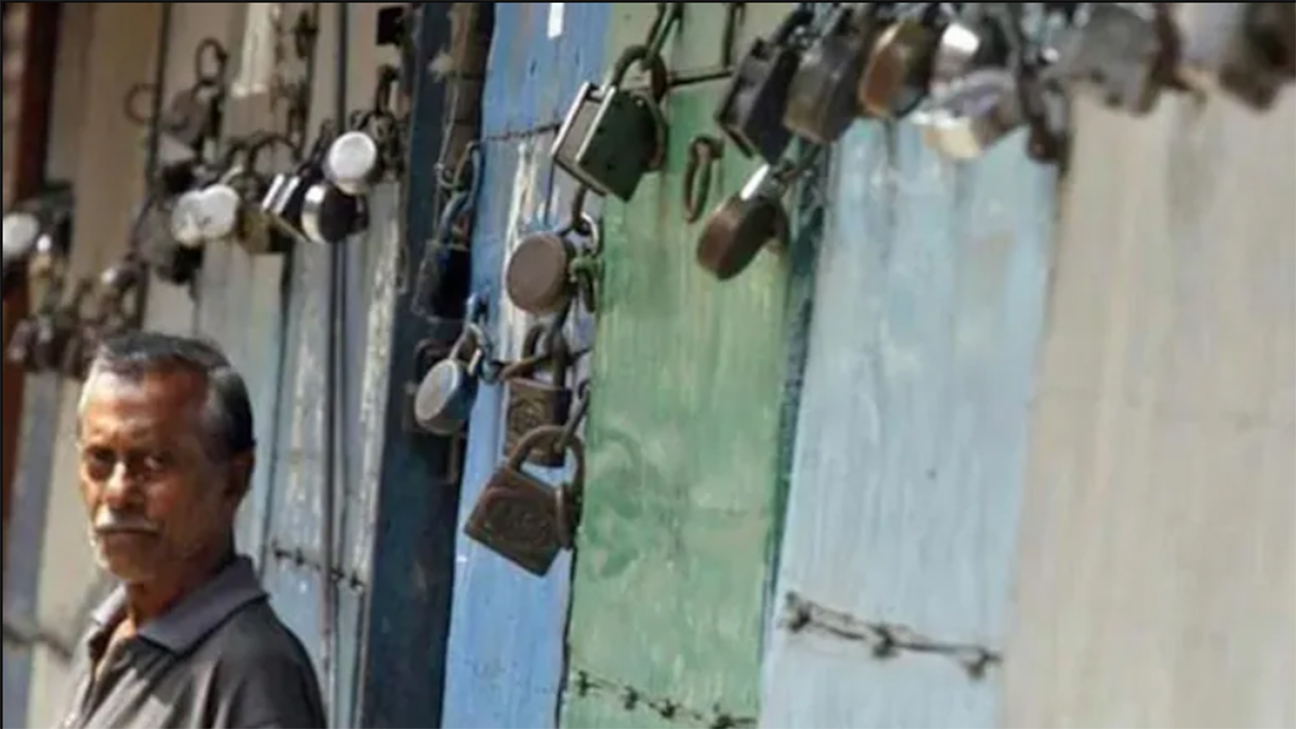New Delhi, India is set to witness a massive nationwide strike on Wednesday, July 9, as over 25 crore workers from government sectors, including banking, mining, transport, and postal services, plan to participate in a general strike or Bharat Bandh. The call has been made by a coalition of central trade unions and supported by farmers’ and rural workers’ organisations.
Who Has Called the Bharat Bandh on July 9?
The Bharat Bandh 2025 has been organised by a joint platform of 10 central trade unions, including major bodies such as:
- All India Trade Union Congress (AITUC)
- Indian National Trade Union Congress (INTUC)
- Centre of Indian Trade Unions (CITU)
- Hind Mazdoor Sabha (HMS)
- Labour Progressive Federation (LPF)
- Self-Employed Women’s Association (SEWA)
- United Trade Union Congress (UTUC)
These unions are backed by workers from both the formal and informal sectors, as well as farmers’ organisations like the Samyukta Kisan Morcha, which played a significant role in the 2021-22 farmers’ protests.
Why Are Workers and Farmers Protesting?
The organisers of the Bharat Bandh have cited growing dissatisfaction with the Central Government’s labour and economic policies. They accuse the government of implementing “anti-worker, anti-farmer, and pro-corporate” measures that threaten the livelihood and rights of millions.
Key issues being raised include:
- Implementation of four new labour codes, which unions say weaken collective bargaining rights, limit the right to strike, and dilute workplace protections.
- High unemployment rates, especially among youth, despite a growing population.
- Cuts in public health, education, and social welfare schemes.
- Government hiring retired personnel instead of recruiting unemployed youth.
- No National Labour Conference in the last 10 years, which unions claim reflects the Centre’s lack of commitment to worker welfare.
- Use of Public Security Bills to stifle protests.
- Lack of transparency in migrant worker welfare and attempts to disenfranchise them.
“We are seeing widespread exploitation of workers in the name of ease of doing business. At the same time, our youth remain unemployed and rural livelihoods are under stress. This Bharat Bandh is a united call to reclaim our rights,” said Amarjeet Kaur of AITUC.
What Are the Demands of Bharat Bandh Protesters?
The unions and participating organisations have listed a set of demands including:
- Rollback of the four labour codes.
- Restoration of the right to unionise and protest.
- Large-scale employment generation, particularly for India’s youth (over 65% of the population is under the age of 35).
- Immediate recruitment to fill government vacancies.
- Expansion of MGNREGA (rural jobs scheme) to urban areas and increase in daily wages.
- Strengthening public health, education, and civic infrastructure.
Which Sectors Will Be Affected During the Bharat Bandh?
The strike is expected to disrupt essential public services across several states. According to Harbhajan Singh Sidhu of HMS, the sectors likely to be impacted include:
- Banking and insurance services.
- Postal operations across major cities.
- Coal mining and industrial production.
- State-run public transport in states like West Bengal, Kerala, Punjab, and Tamil Nadu.
- Public sector undertakings (PSUs) including Railways, NMDC, and steel industries.
In rural areas, farmers’ rallies and sit-ins are expected, particularly in Punjab, Haryana, Uttar Pradesh, and parts of Maharashtra.
What Will Remain Open During the Bharat Bandh?
Despite the anticipated disruptions, several services will continue as usual:
- Schools and colleges are expected to remain open.
- Private offices and corporate workplaces will operate normally in most areas.
- Train services have not officially joined the strike, although some delays may occur due to increased crowds and transport diversions.
Security and Administrative Measures
The Ministry of Home Affairs has advised state governments to remain on alert and ensure law and order. Local administrations have been asked to monitor essential services and provide alternate transport arrangements where necessary.
Several states may invoke Section 144 in sensitive areas, and police presence will be heightened at major bus stations, banks, and government offices.








Leave feedback about this